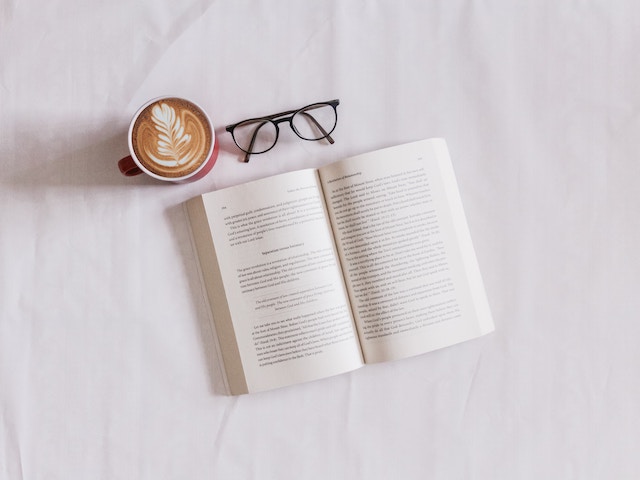
How do you know to combine various ingredients to create a specific taste if you never followed other chefs’ recipes? How do you know how to build a safe, functional, and beautiful home if you never studied what’s worked and hasn’t worked in the past?
There’s a reason many occupations require apprentices. You can’t learn unless you study under a master craftsman. Mechanics, electricians, and plumbers learn how to tackle common issues every successful professional faces in their chosen careers.
How will you create good or great writing if you don’t study what readers consider good and bad writing? How can you create anything unique if you don’t already know what’s been done to date?
As you can see, there are strong reasons why good reading is essential. That said, if you spend your whole life reading, you’ll never be a great writer because you need time to write.
That’s the Catch-22.
You must balance both reading and writing
You can’t be a great writer without analyzing why readers consider other books great. And the flip side of that coin is you can’t be a great writer if you don’t write, write, write, and write some more. Consider how plumbers and electricians spend on average two to five years as an apprentice. Apprentices study how masters perform, and they practice what they’ve learned on real projects.
As a writer, do you think you could achieve or eclipse a master writer’s efforts if you don’t study what he or she has done in the past? And as a writer, if you don’t practice your art every day, how will you possibly achieve or eclipse the best writers out there?
You need to find an equal balance between writing and reading every day. One feeds your soul while the other hones your craft. Even martial arts experts, athletes, and virtuoso musicians study the masters in their field and practice hours and hours a day. As a comparable artist, how can you expect to take shortcuts if the best of the best don’t?
There’s an exception to every rule
Just like the fascinating English language we learn and study as writers, there is an exception to balancing writing and reading. Say, for example, you write screenplays. It might behoove you to read other successful screenplays to see how screenwriters concoct scenes. You also might be better off analyzing popular movies to determine a formula for what works and what doesn’t.
So, if you’re a screenwriter, you could seriously count binge-watching Netflix as part of your profession’s equilibrium. In essence, you’d be studying what worked for others and how you can incorporate those lessons into your own work. Much like aspiring authors study those who’ve succeeded and practice everything they learn, screenplay writers’ research is performed by watching both good and bad movies.
Some experts say you need not read to succeed as an author. In fact, they claim you’ll achieve a more unique voice if you don’t study and emulate others. One caveat they’re not taking into consideration is how to avoid writing what’s already been done. If you’ve never read Romeo and Juliet, how would you know that tale’s already been told?
In the same vein, if you’ve not read extensively in your genre, how will you know, as a writer, what will set you apart from all the rest? When you read others’ work, you can find the gap that needs filled. Authors who write the gap-fillers seem to succeed beyond their wildest dreams because readers love the new and unique.
Final thoughts
On which side of the scale do you fall? Do you believe writers need to read as much as they write or do you think a gifted storyteller need not pollute his mind with others’ thoughts?
It seems the big names in writing fall on one side or the other. Stephen King and J.K. Rowling are adamant you must read a lot to learn to write well, while on the other hand, Umberto Eco, who wrote the fantastic The Name of the Rose, said he told people, "You know, I don’t read, I write."
Or do you fall squarely in the middle? Do you think there needs to be a balance between reading and writing for an author to stretch his or her wings and leave the earth behind? Let us know in the comments.

